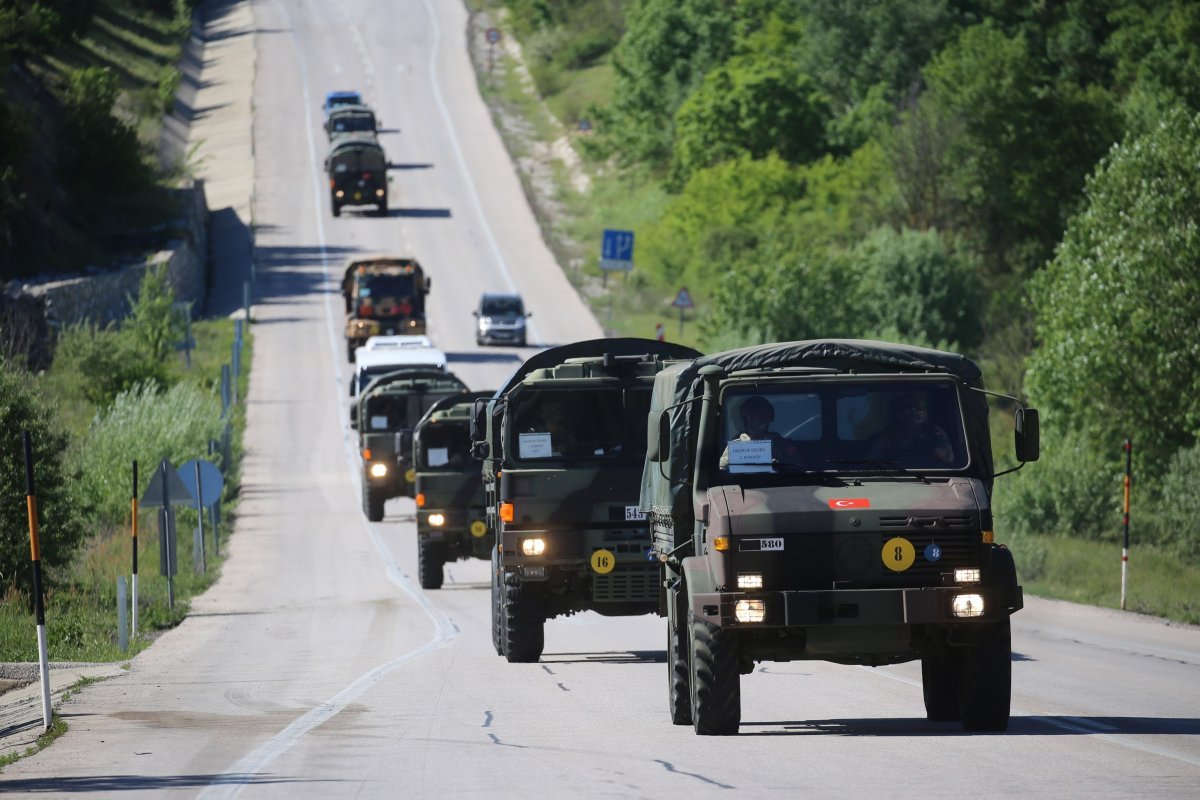This issue could lead to significant delays in the event of a conflict.

NATO has warned its members that the movement of troops across Europe is hindered by too much bureaucratic red tape, as reported by Sarbaz.kz citing Japan Times.
"We are running out of time. What we don't manage to do in peacetime won't be ready in case of a crisis or war," stated Lieutenant General Alexander Sollfrank, the head of NATO's Material and Technical Support Command.
The JSEC center in Ulm, located in southern Germany, commenced operations in 2021. Its task involves coordinating the swift movement of NATO troops and tanks across the continent, as well as the logistical preparations, such as storing ammunition on the alliance's eastern flank.
Since 2014, the establishment of JSEC signified NATO's need, post-Cold War, to be prepared for potential conflicts in Europe, which could erupt at any moment. However, the task of rapidly deploying forces of up to a division size, comprising about 20,000 troops, along with having ammunition, fuel, spare parts, and provisions in place, has become more challenging since the Cold War era.
Since the end of the Cold War, the North Atlantic Treaty Organization expanded approximately 1,000 kilometers to the east, increasing the total length of NATO's eastern flank to roughly 4,000 kilometers.
"The vastness of space, not all forces being forward-based—all of this means that NATO needs to swiftly move troops from its bases to the required locations on the eastern flank. During the height of the war in Ukraine, Russia was firing 50,000 artillery shells a day. These shells need to reach the howitzers. Hence, we need to create depots—for ammunition, fuel, spare parts, and provisions," highlighted Sollfrank, emphasizing its necessity.
However, NATO forces are compelled to comply with various national regulations, starting from advance notifications required for transporting ammunition, to the permissible length of military convoys and disease prevention measures. Sollfrank expressed his desire for a "military Schengen," a zone of free military passage, allowing free movement across most of the European Union without bureaucracy.